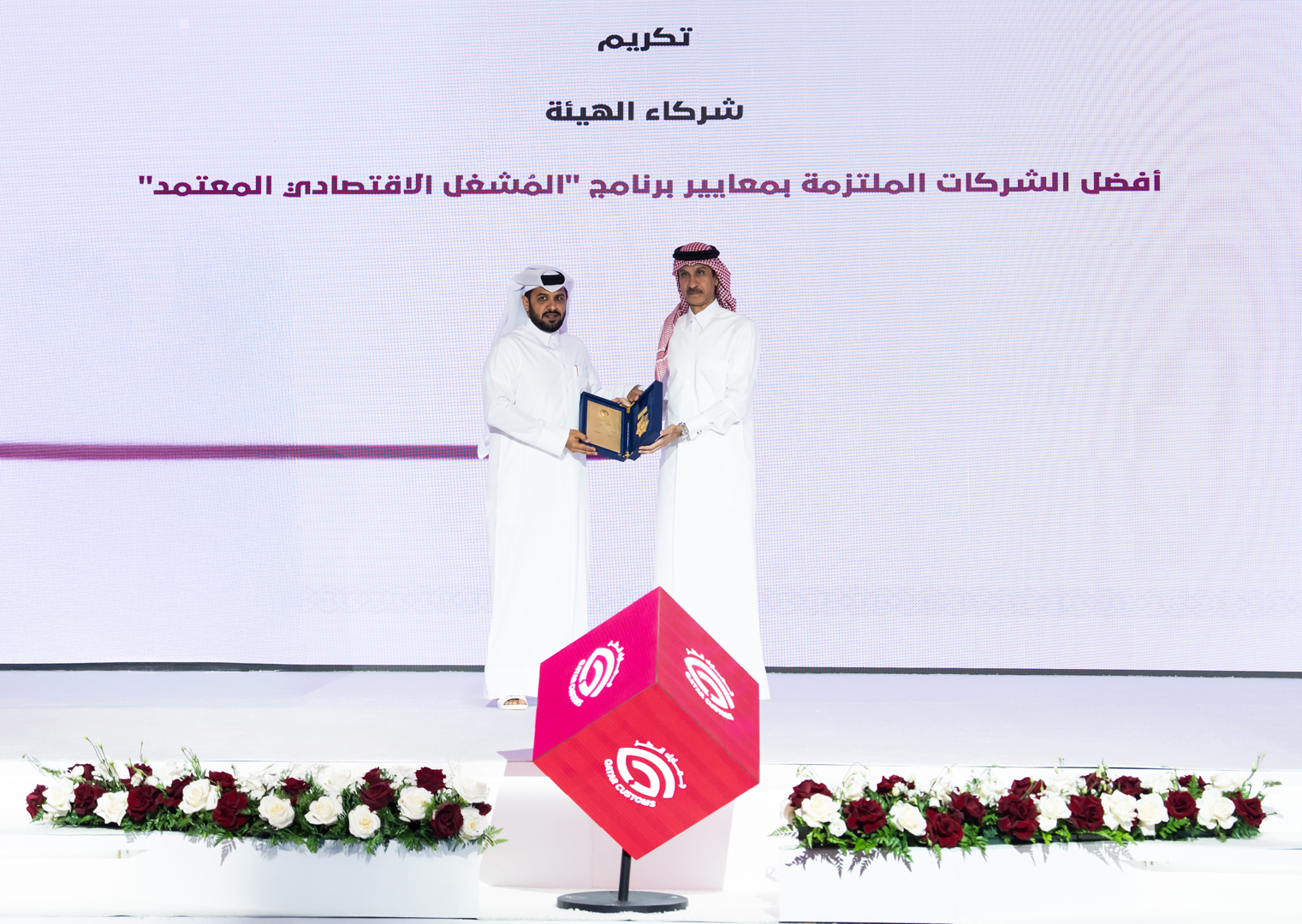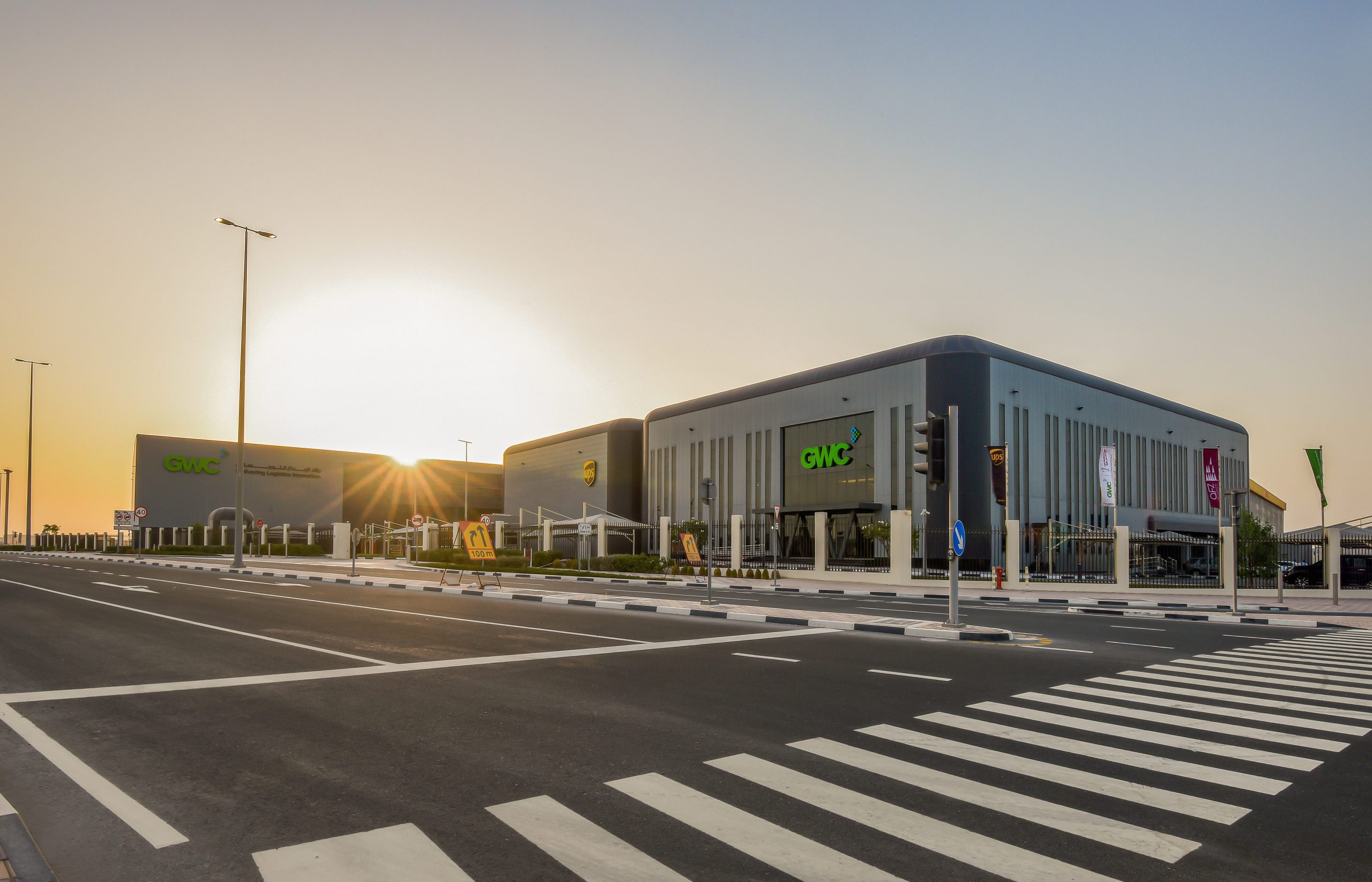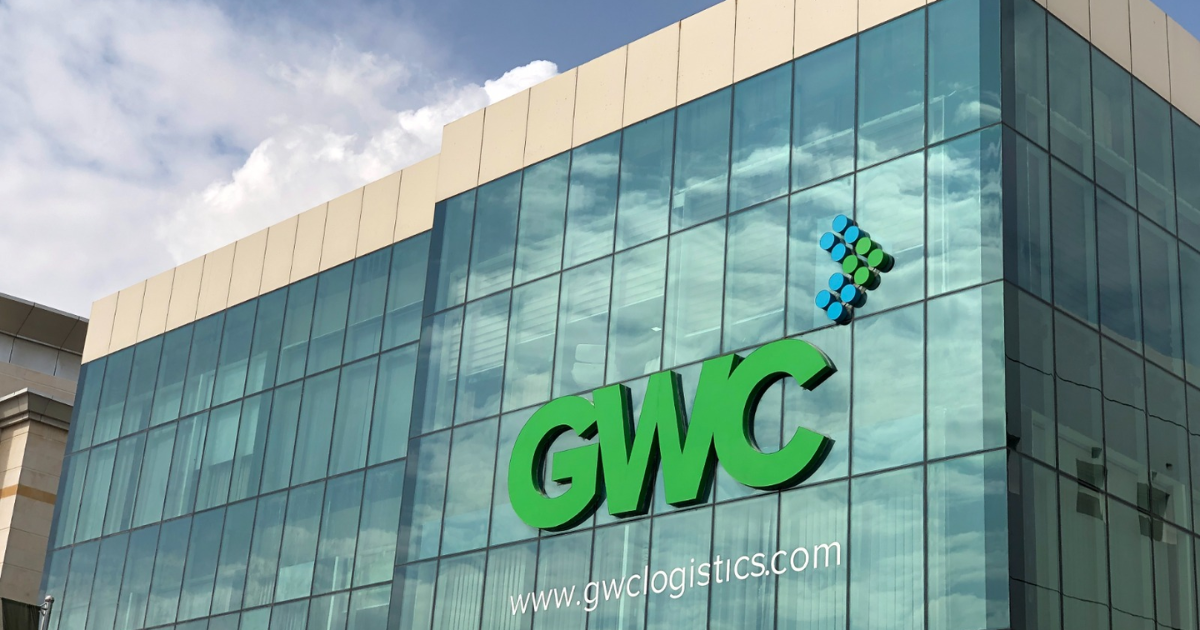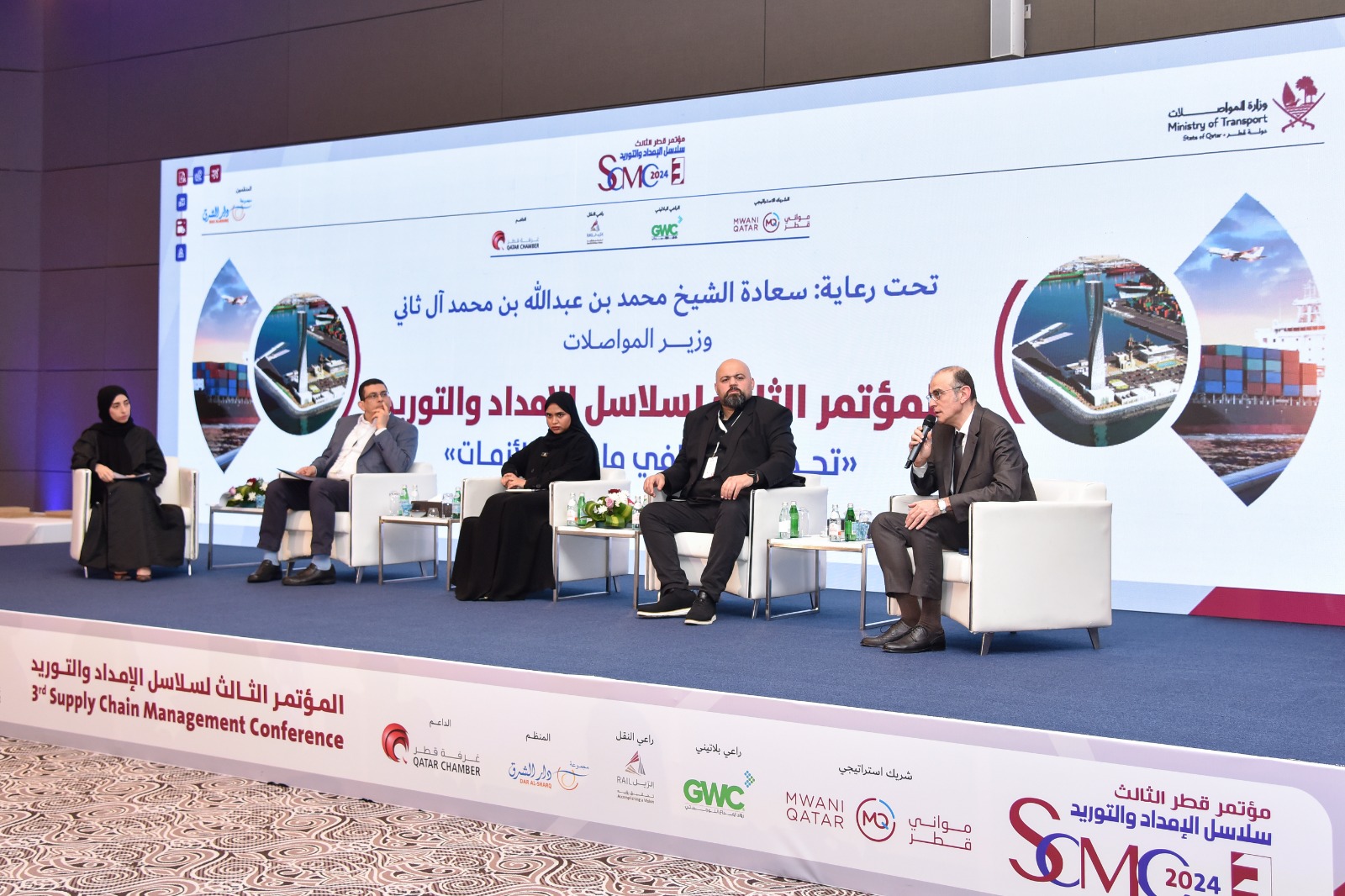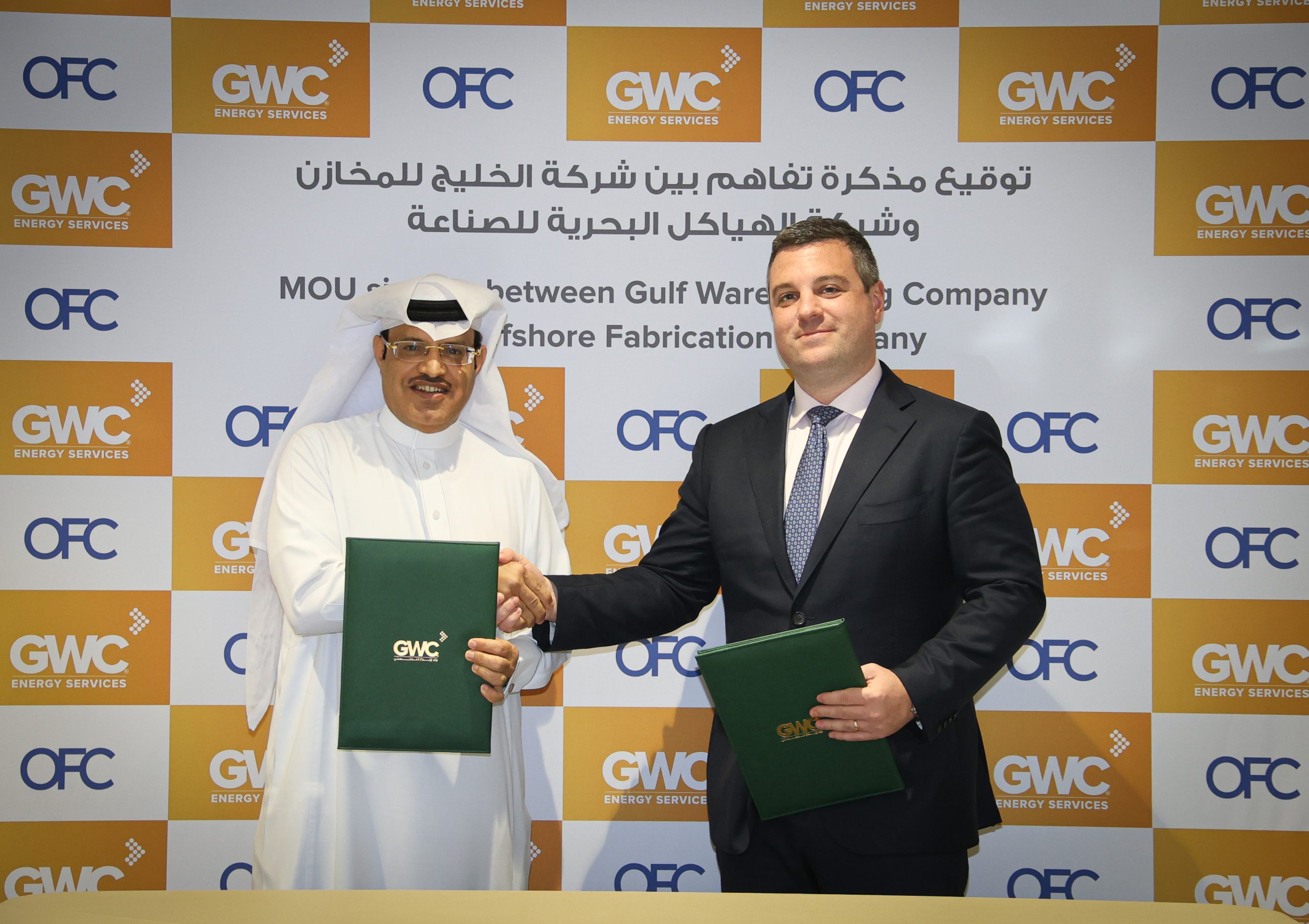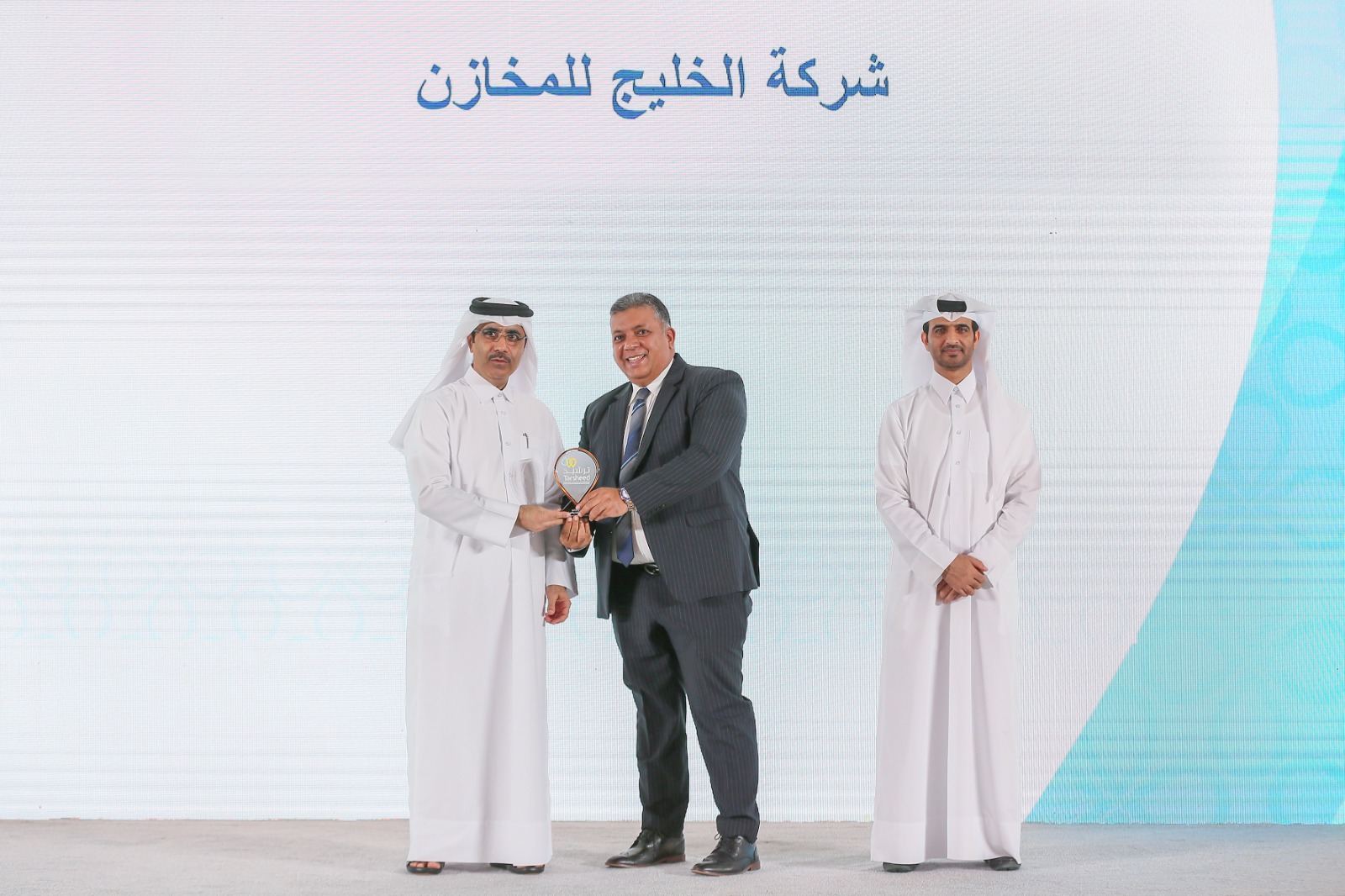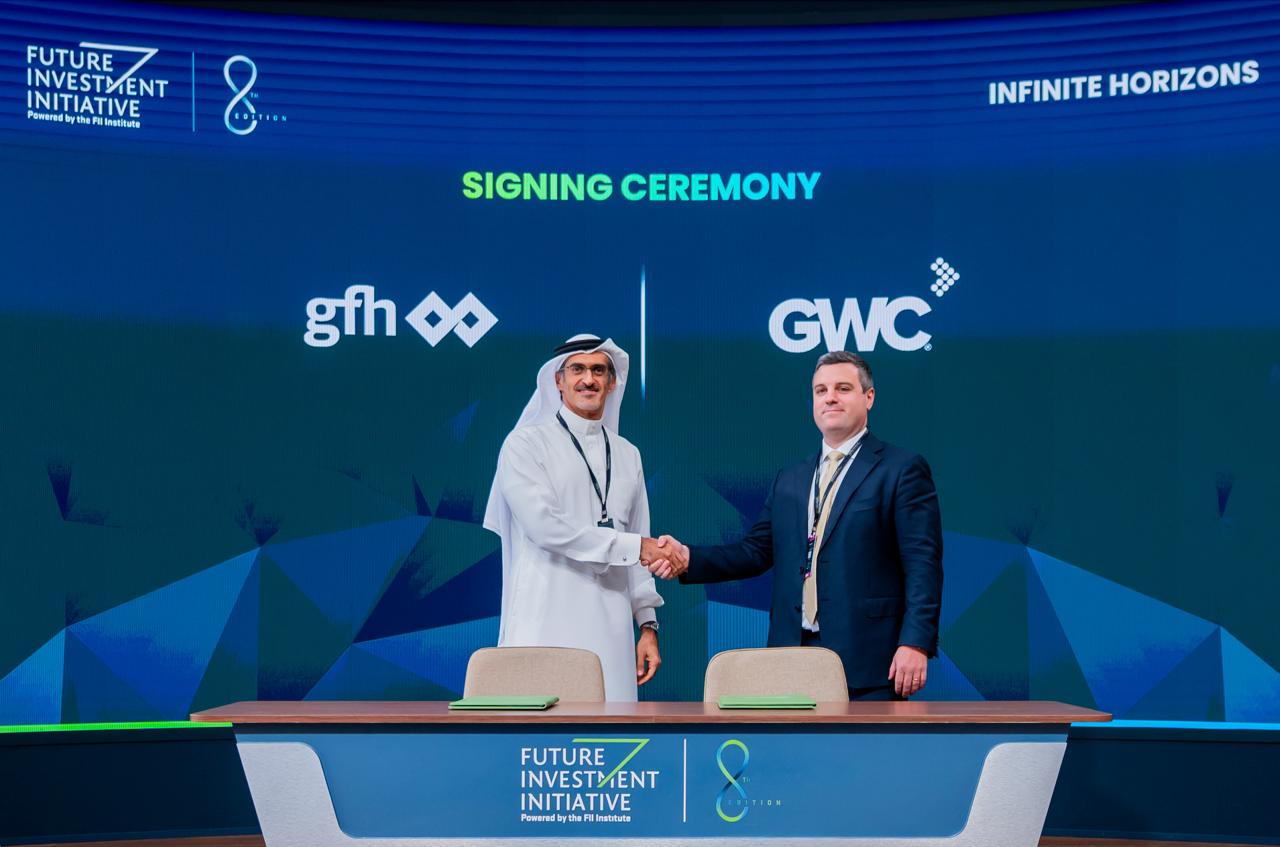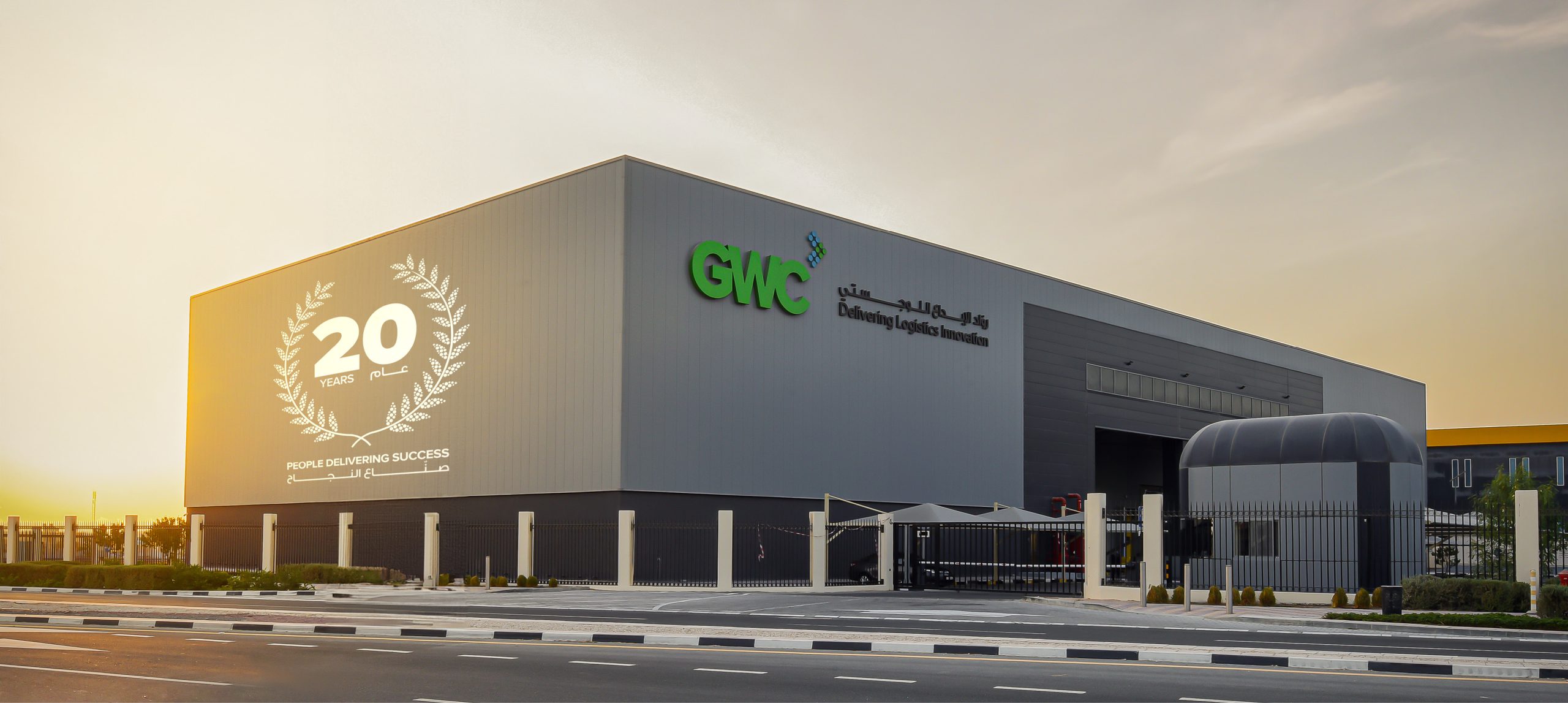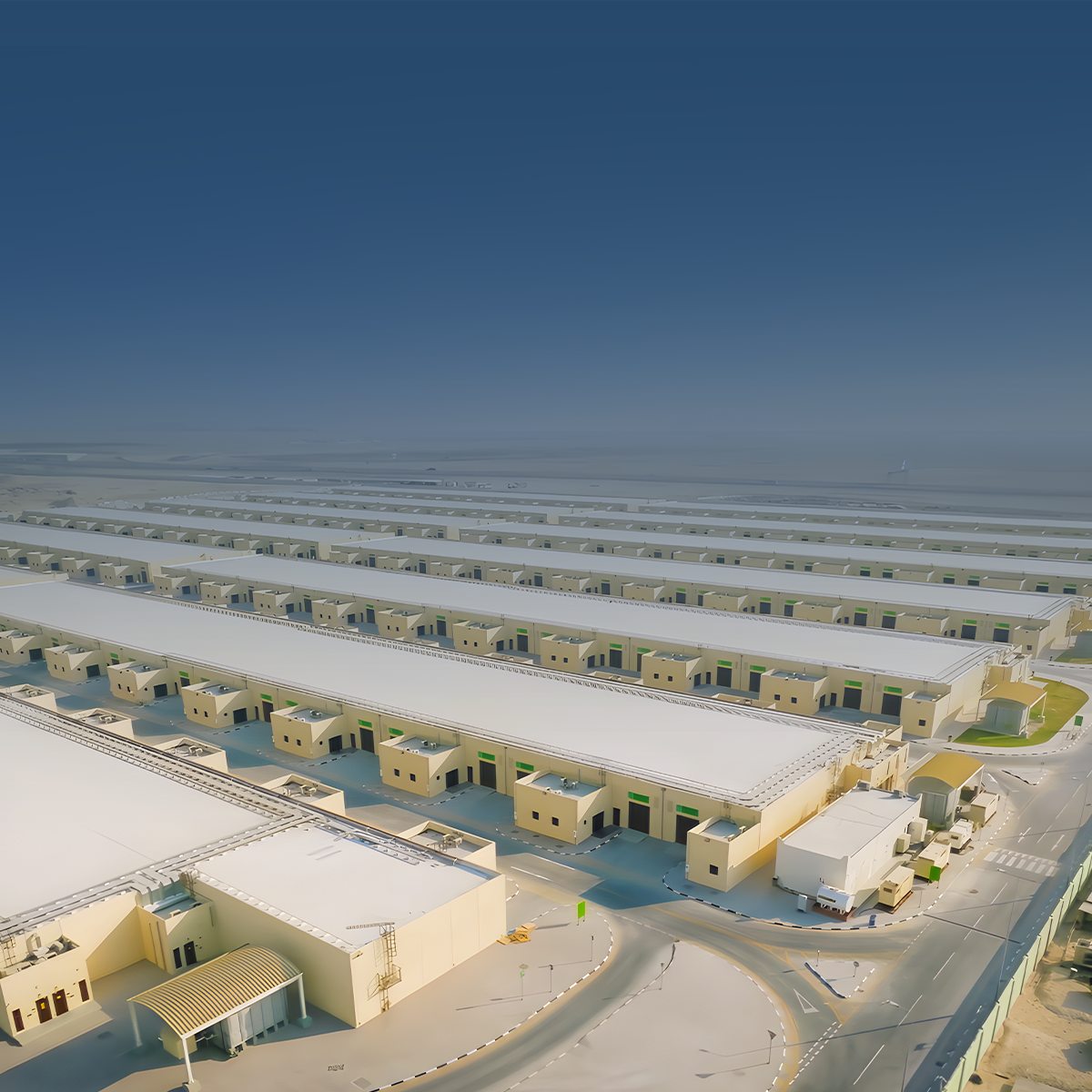GWC Sponsors 3rd Supply Chain Management Conference
•Sheikh Abdulla Bin Fahad: Logistics is a major element of Economic Growth
•Logistics plays a key role in building a competitive, resilient, and diversified economy
•Agile supply chains are essential to withstand challenges
Gulf Warehousing Company Q.P.S.C (GWC) – one of the fastest-growing logistics businesses in the MENA region – has announced its participation as a Platinum Sponsor at the 3rd Qatar Supply Chain Management Conference (SCMC). Under the patronage of H.E. Sheikh Mohammed bin Abdulla bin Mohammed Al Thani, Minister of Transport, the event took place on Monday, December 9, 2024, highlighting best practices for enhancing supply chain sustainability, the role of digital transformation in facilitating supply chains and ensuring the flow of goods amid global challenges as well as strategies to enhance recovery and sustain supply chains.
Sheikh Abdulla Bin Fahad Bin Jassim Bin Jaber Al Thani, GWC Group Managing Director, said: “Our sponsorship of this conference aligns with the company’s strategic objectives to support initiatives that drive supply chain development, especially amid the challenges facing the logistics sector. The need to effectively manage and optimize the flow of goods and services from suppliers to consumers has never been more critical.”
He added: “In Qatar, logistics services play a vital role, extending beyond the transportation of goods from one point to another to include bolstering trade flows, supporting sustainable development goals, and driving economic diversification. This highlights the key role our work in the logistics sector plays in building a competitive, resilient, and diversified economy in line with Qatar National Vision 2030. This vision serves as a guiding compass, steering us toward sustainable development that balances economic growth with environmental and social responsibility. Today, our sector is at a crucial crossroads, amidst rapid transformations driven by digitalization, the growing demand for sustainability, and the urgent need to minimize environmental impact. These evolving trends present both challenges and opportunities, and how we navigate them will ultimately define the future of logistics in Qatar.”
Shaikh Abdulla emphasized the importance of focusing on sustainability and reducing carbon emissions, saying: “In line with our national objectives and the global agenda, we must diligently work towards achieving sustainability across all aspects of operations. As Qatar continues its drive for a sustainable and diversified economy, the logistics and transportation sector must actively contribute to this transformation. This entails prioritizing green technology, renewable energy solutions, and carbon emission reduction strategies. The accelerating pace of digitalization in this sector has already led to a substantial shift in business practices, enhancing operational efficiency, service quality, and overall performance. By leveraging advanced technologies like artificial intelligence, big data, and IoT solutions, we can achieve greater efficiency and respond to challenges with agility and flexibility.”
Sheikh Abdulla Bin Fahad further highlighted that: “collaboration among stakeholders, knowledge sharing, and continuous improvement are pivotal to driving transformative change in Qatar’s logistics sector and beyond. Moreover, agility is becoming increasingly critical, with the key lesson from recent years being the importance of resilience in the face of both positive and negative challenges. For instance, the global COVID-19 pandemic triggered sudden disruptions in supply chains, severely impacting the logistics sector. Conversely, hosting the FIFA World Cup Qatar 2022 catalyzed a significant positive transformation in Qatar’s logistics landscape through innovative solutions.”
He added: “The logistics sector requires strong and agile supply chains capable of withstanding future disruptions. This ability to adapt is particularly vital for Qatar as we expand our partnerships and explore new markets. GWC’s role goes far beyond just transporting goods; we are dedicated to fostering an ecosystem that drives economic growth, pioneering sustainable practices, and making significant contributions to achieving Qatar National Vision 2030. This is not only a great honor but also a profound responsibility. It is up to all of us in this sector to embrace emerging trends, innovate, and act with purpose.”
